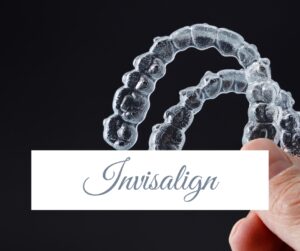

Patients often go to their dentist for a routine dental exam and cleaning and are surprised to hear that they need dental treatment. Dentists often hear “But I don’t have any pain. Nothing is bothering me. How can there be a problem?”. While people are accustomed to hearing that disease can be present in the body even when they do not experience symptoms, most people expect to feel discomfort if a problem arises with their teeth. When you think of your mouth as being the same as any other part of the body, it is easier to see that some diseases don’t immediately cause noticeable symptoms. Frequently, by the time your teeth alert you to the problem with pain, the disease or decay has advanced to a moderate to severe stage and more involved treatment may be required.
Why Preventive Dental Care is Important Even When Your Teeth Don’t Hurt
Coming to the dentist for regular exams and cleanings focuses on avoiding problems before they become more severe!
• Prevents More Involved and Expensive Treatment: Often cavities form in teeth without patients even being aware of it. A cavity is a hole that forms as a result of bacteria eating away at the outer layers of the tooth structure. Often this is not painful until the cavity reaches the nerve of the tooth. If the cavity can be treated with a filling in the early stages, it can prevent the cavity from reaching the nerve which would require a more involved treatment such as a root canal or extraction.
• Improves Overall Health and Can Identify Life Threatening Disease: Many medical conditions have been associated with gum disease and poor oral health. Some of these diseases include heart disease, lung infections, risks of certain cancers, and diabetes. Regular dental exams also provide screenings for oral cancer which can be treated if detected early. By maintaining regular dental care, you can keep your whole body healthier.
Preventative Care Starts at Home and Here are Some Tips
• The Rule of Twos: Brush twice daily for two minutes each. This ensures that food does not sit on your teeth allowing bacteria to attack.• Floss Every Day: Flossing not only cleans those hard-to-reach places between your teeth but it reduces your risk of gum disease!
• Use Fluoride Toothpaste: Fluoride is an important component for your oral health. Fluoride helps to strengthen your teeth and make them less susceptible to decay.
• Eat a Healthy Diet: Avoid foods high in processed sugars and highly acidic sugary beverages. Keep in mind that while amounts of sugar can affect tooth health, frequency of exposure can have a more drastic effect. It is best to avoid things that stay in contact with the teeth for a long time such as hard candies, sticky candies, or drinks that are sipped on throughout the day such as sodas and sweet tea. A well-balanced diet high in fruits and vegetables and plenty of water can help prevent tooth decay.
Preventative dentistry will help you keep a healthy smile, a healthy body, and save you money down the road! Come see us at Magnolia Springs Dentistry and start 2023 with a happy and healthier smile! You can learn more about our office by visiting www.MagnoliaSpringsDentistry.com.




